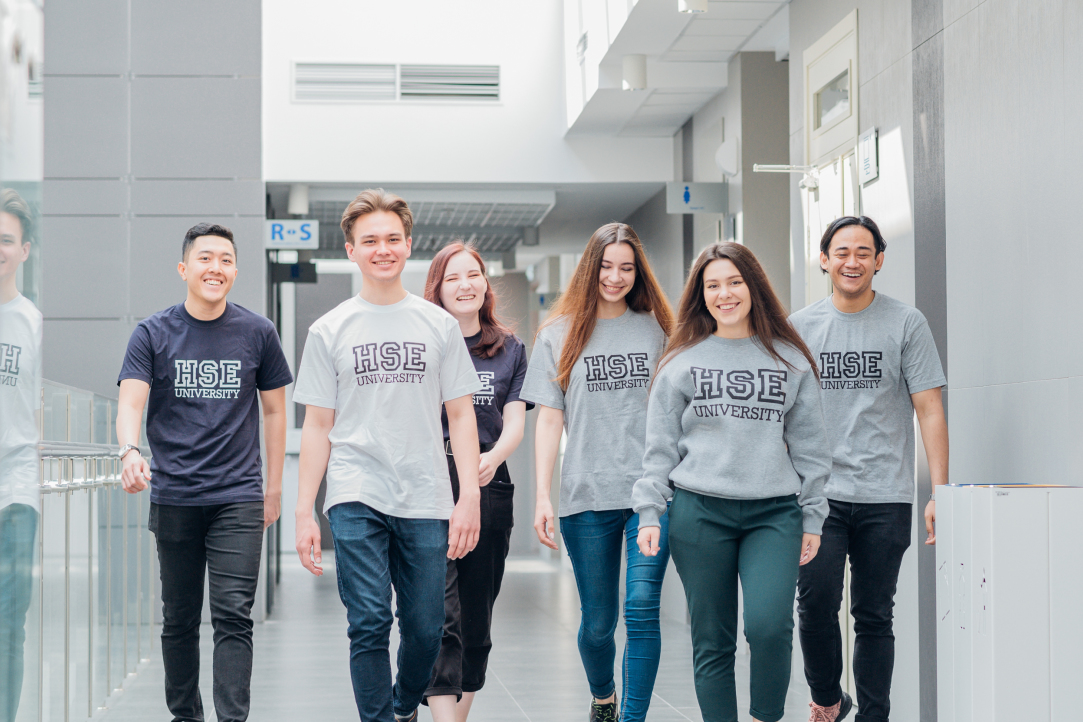
‘The Admission Process Was Very Easy and Stress Free’
International admissions are now open at HSE University. A number of international applicants have already passed all of the selection rounds and successfully enrolled in Master’s and Bachelor’s programmes. HSE News Service spoke with several students about their reasons for choosing HSE University and their experience applying to the University.
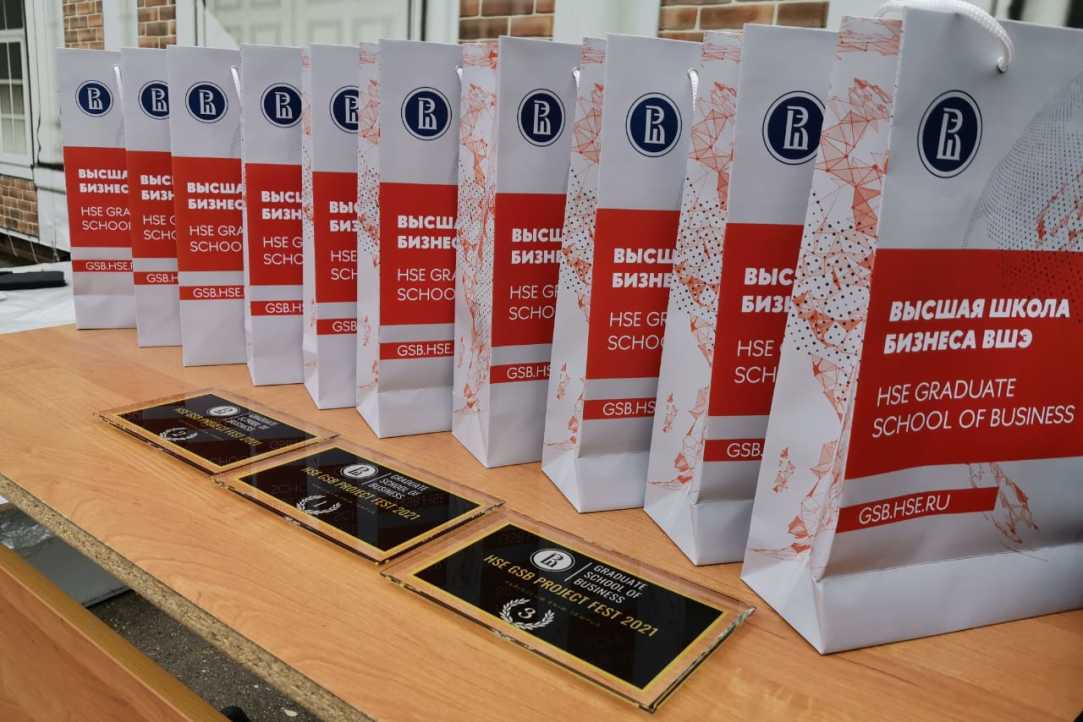
Graduate School of Business Holds First Project Fest
The HSE Graduate School of Business (GSB) held its first open-air student festival, Project Fest by GSB, at Shabolovka. It was the final stage of the Student Groups Project Competition for the 2020/2021 academic year. Lectures, master classes, business games from students and business representatives, and educational and entertainment activities were also organised for all Festival visitors.

‘Our Graduates Will Be Prepared for Several Promising Career Paths’
In 2021, the Master of Business Analytics Programme of the Faculty of Economic Sciences will hold its first intake. The programme will be fully implemented online: students will study in English on the Coursera platform. Irina Ivashkovskaya, Tenured Professor at HSE University, Head of the School of Finance and Academic Supervisor of the new Master’s Programme, told the News Service about other features of the Programme, what competencies students will gain, what ‘stakeholder capitalism’ means, and why it is important for a future financier.

Starting June 1, Newly Enrolled International Students Can Submit Their Housing Applications
Starting June 1, 2021, international students who pay full tuition or receive partial grant awards from HSE University have the opportunity to choose from a new range of housing options in Moscow.

Digital Transformation: How Technologies Transform the Economy and the Social Sphere
The dazzling evolution of digital technologies is changing the face of the economy and the social sphere. Some Russian sectors — such as the manufacturing industry and financial services — are well-aligned with the global trend, while some others are lagging behind, thereby creating risks for the country's economy. A team of HSE ISSEK researchers examined current approaches to measuring digital transformation and focused specifically on its uptake by a few key sectors of the Russian economy and services, benchmarking them against the global situation. The study findings were presented in the report 'Digital Transformation of Industries: Starting Conditions and Priorities' at the XXII April International Academic Conference co-organised by HSE University and Sberbank.

HSE University Again Appears Among Top-5 Universities in New RAEX Subject Rankings
HSE University has ranked in the Top-5 universities in the RAEX ranking for four years. We received our highest scores thanks to demand for graduates on the job market.

MIEM Holds Its Annual TechnoShow in an Updated Format
This year, the MIEM TechnoShow was held in a mixed online-offline format. The final key annual event of the MIEM project cycle featured 60 student team works. Another distinctive feature of this year’s TechnoShow was the large number of customer companies operating in different industries and economic sectors. For more details, read our report below.
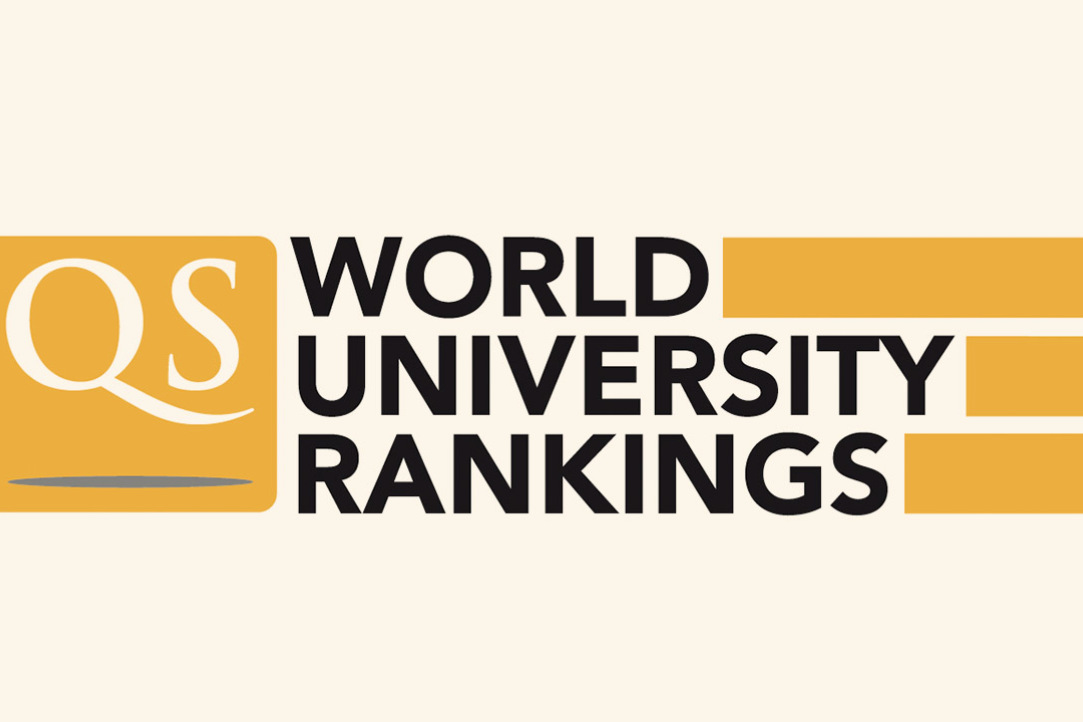
HSE University Improves Its Academic Reputation in QS Ranking
HSE University has progressed on the QS World University Rankings in terms of academic reputation, having improved its position by over 340 points in six years. In the general ranking, HSE University places 305th and ranks among the Q1 of global universities.
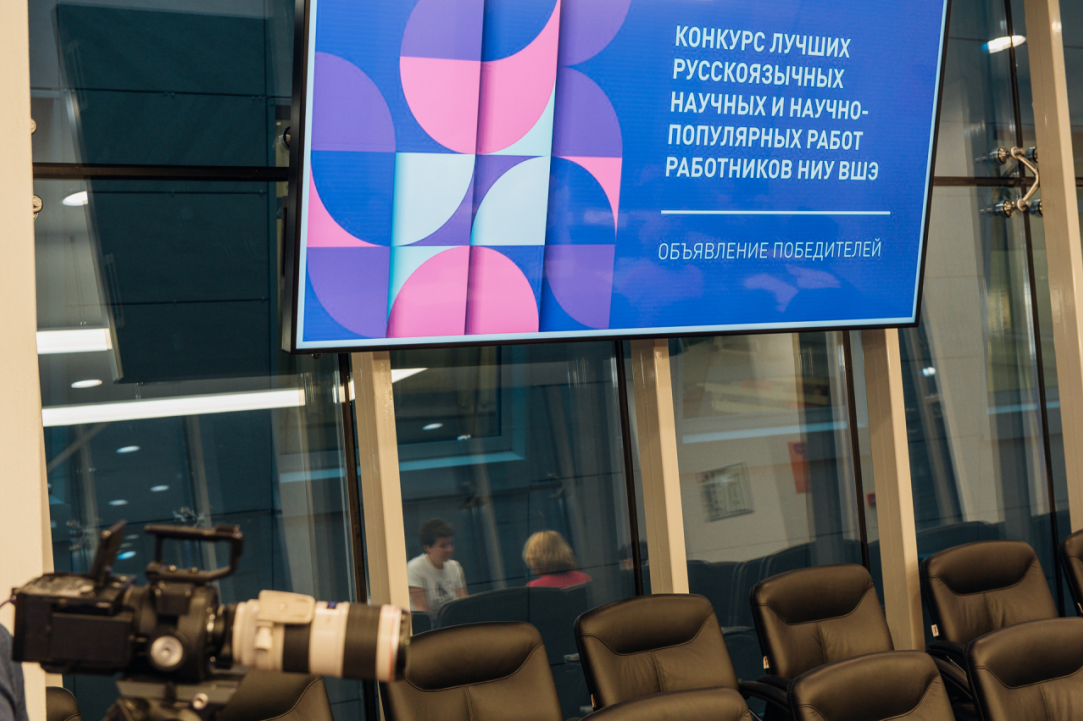
‘To Read Such Papers, International Scholars Will Likely Want to Learn Russian’
The results of the competition for the best academic and popular science papers in Russian by HSE staff members have been announced. This competition is a new one, organized by the university to celebrate the Year of Science and Technology. 257 applications were submitted, with 35 winners announced in the academic category and 30 in the popular science one. The winners were announced on Alexander Pushkin’s birthday. The organizers plan to make the competition annual, potentially opening it up for all Russian and international researchers writing papers and involved in science communication in Russian.
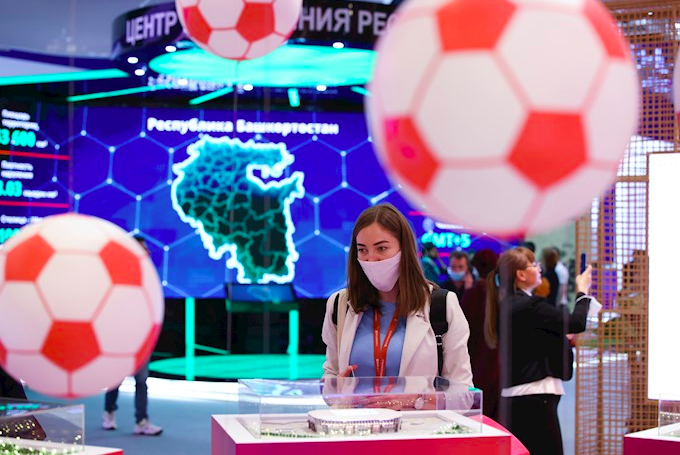
HSE University to Expand Scientific and Educational Cooperation with Two Universities in Qatar
At the St Petersburg International Economic Forum (SPIEF), HSE University signed Memoranda of Understanding with the University of Qatar and Hamad Bin Khalifa University. The agreements aim to strengthen the scientific potential of the universities and develop projects in teaching and research. In addition, HSE representatives took part in expert discussions at the Qatar National Pavilion at SPIEF.

